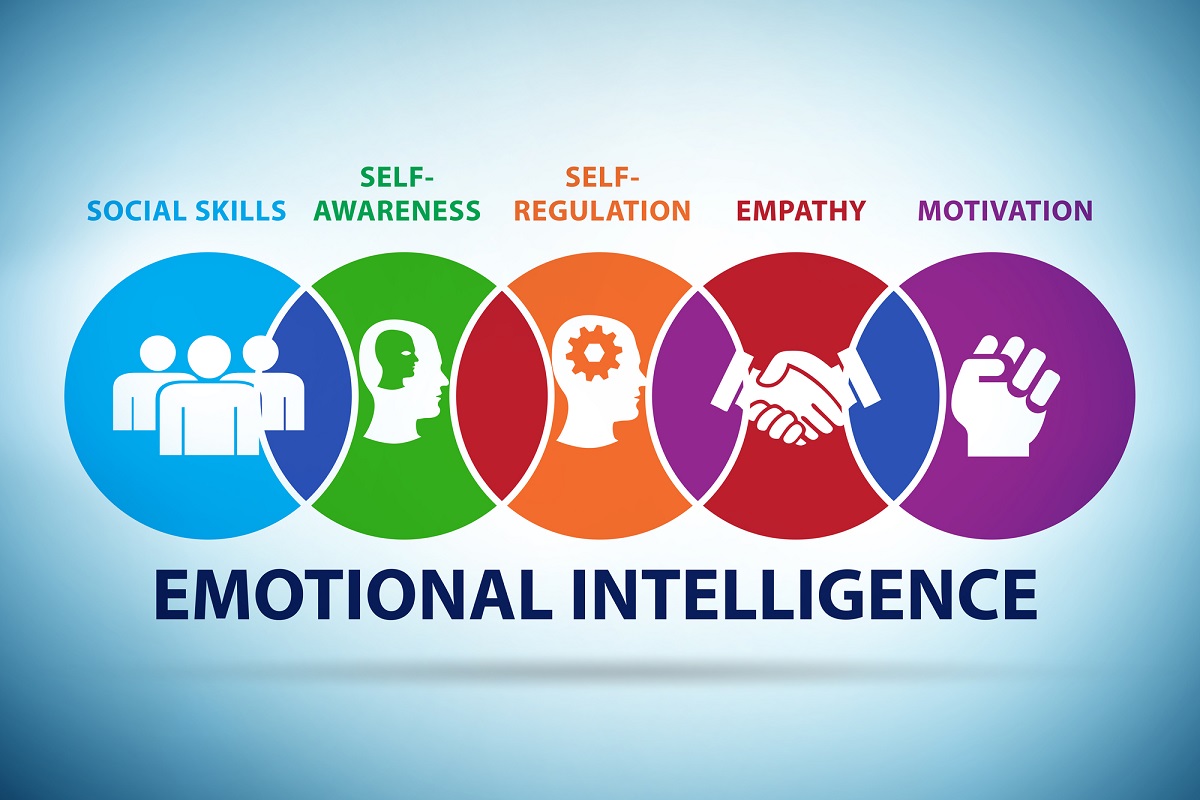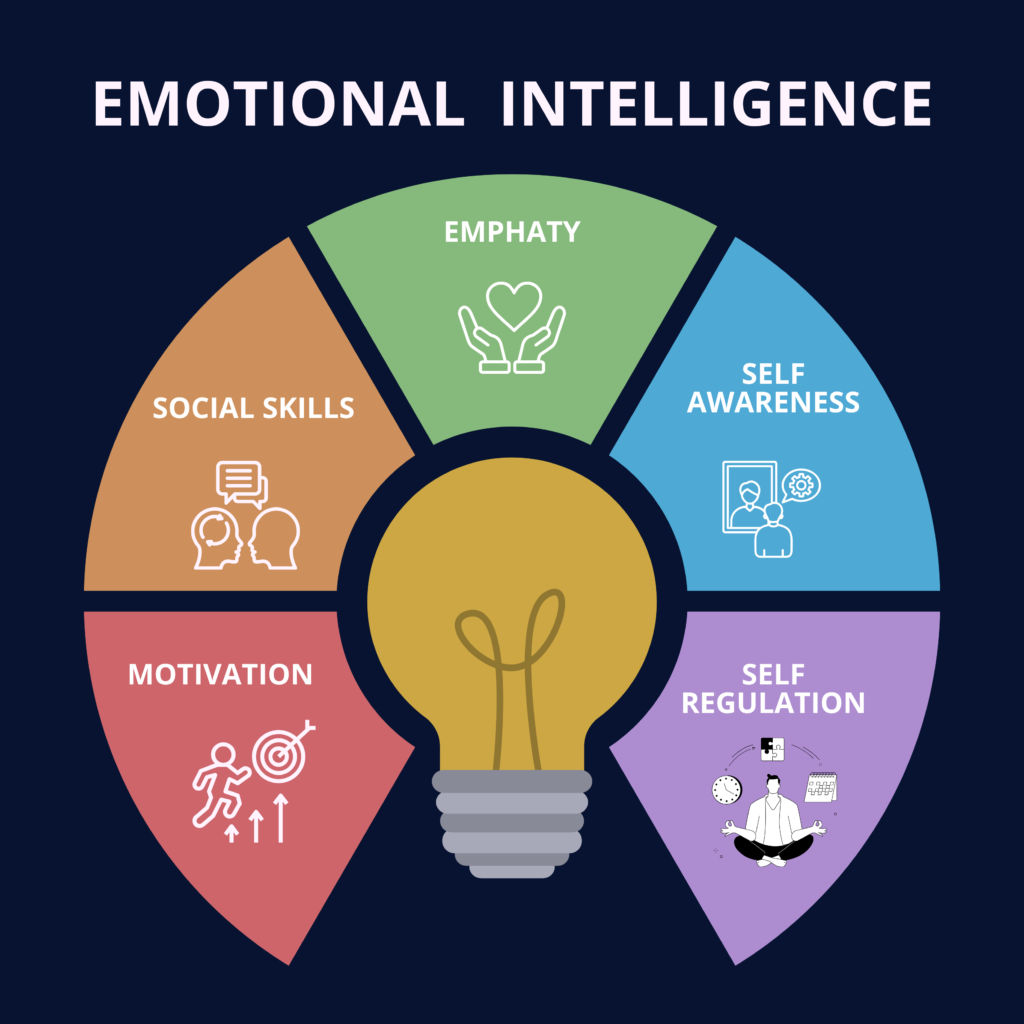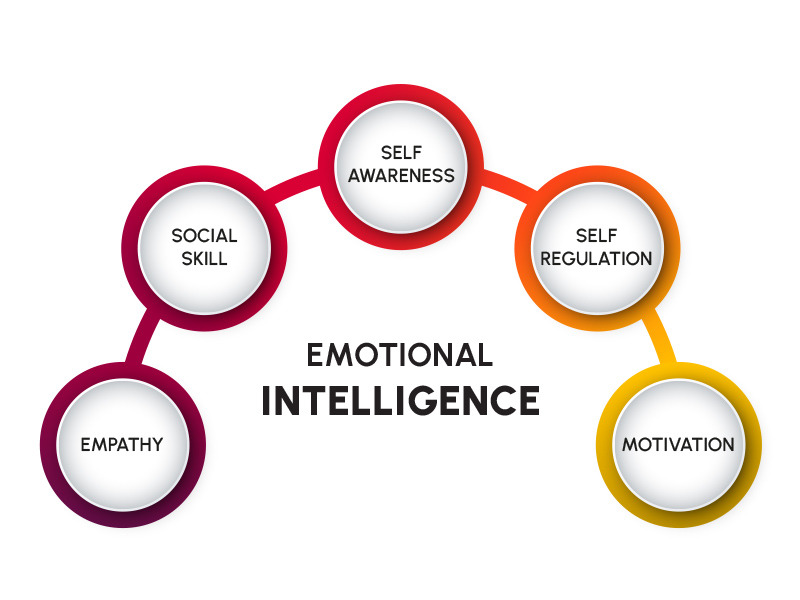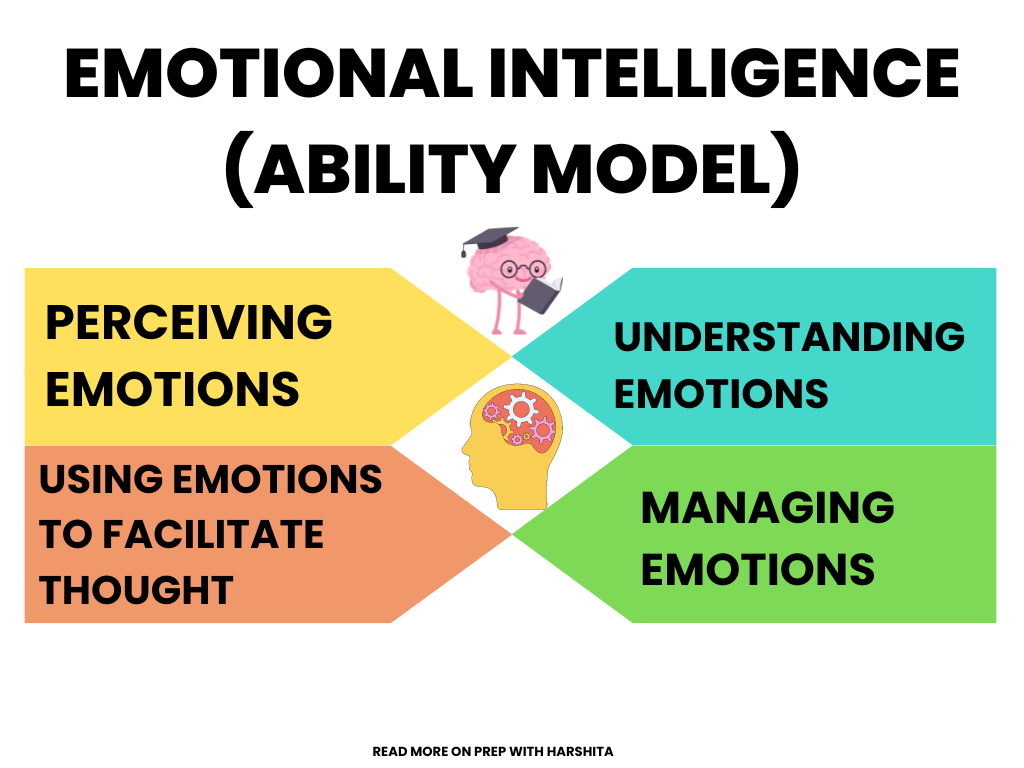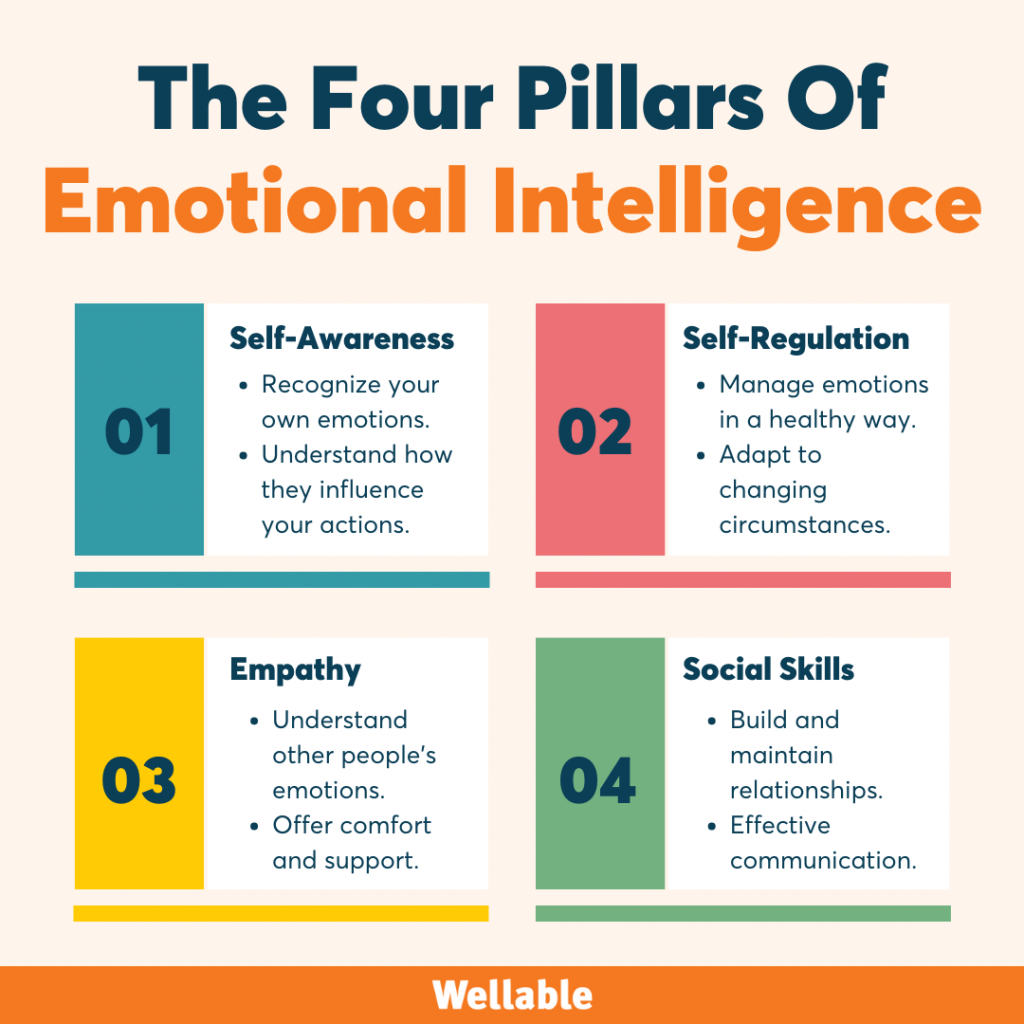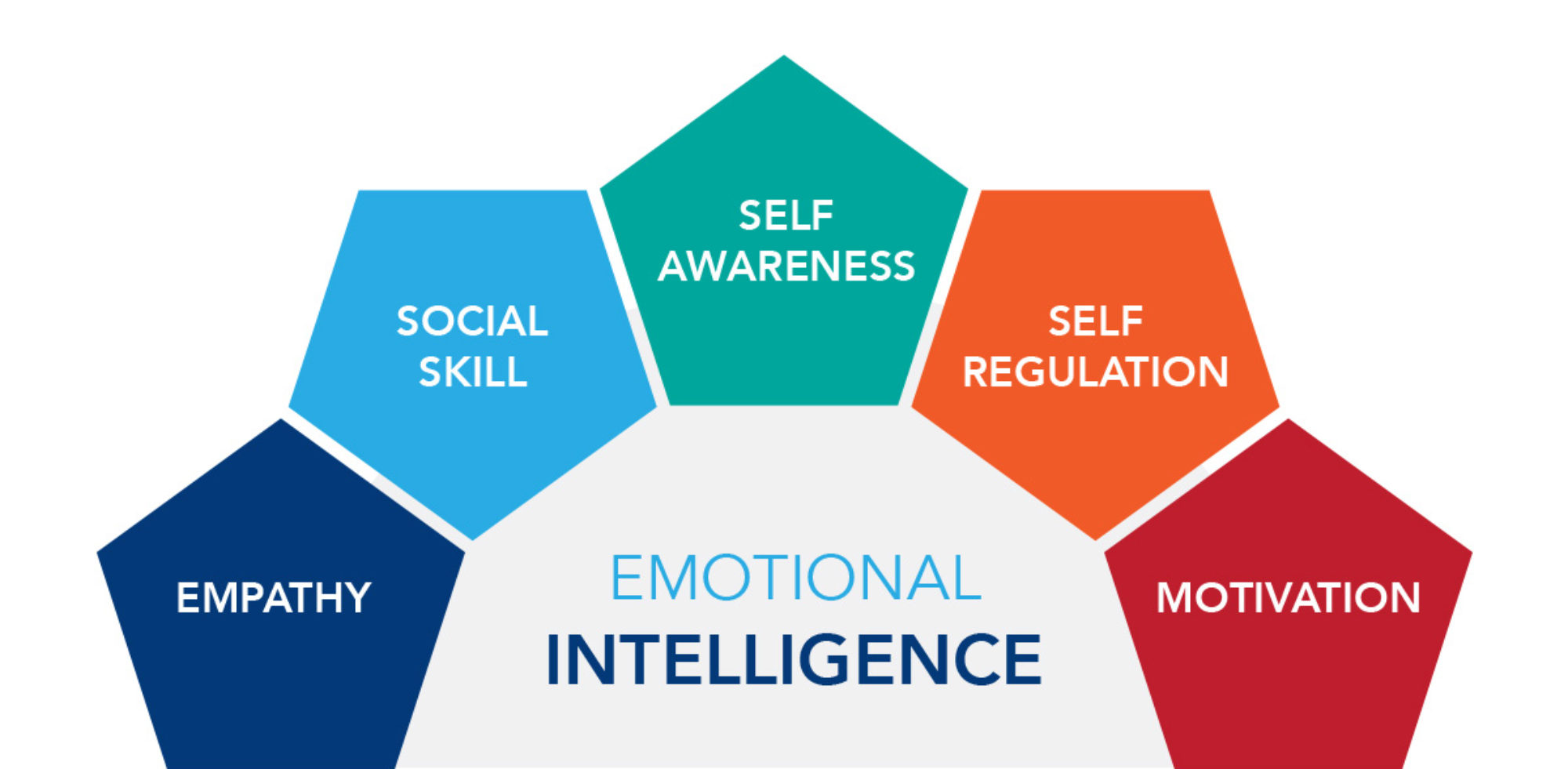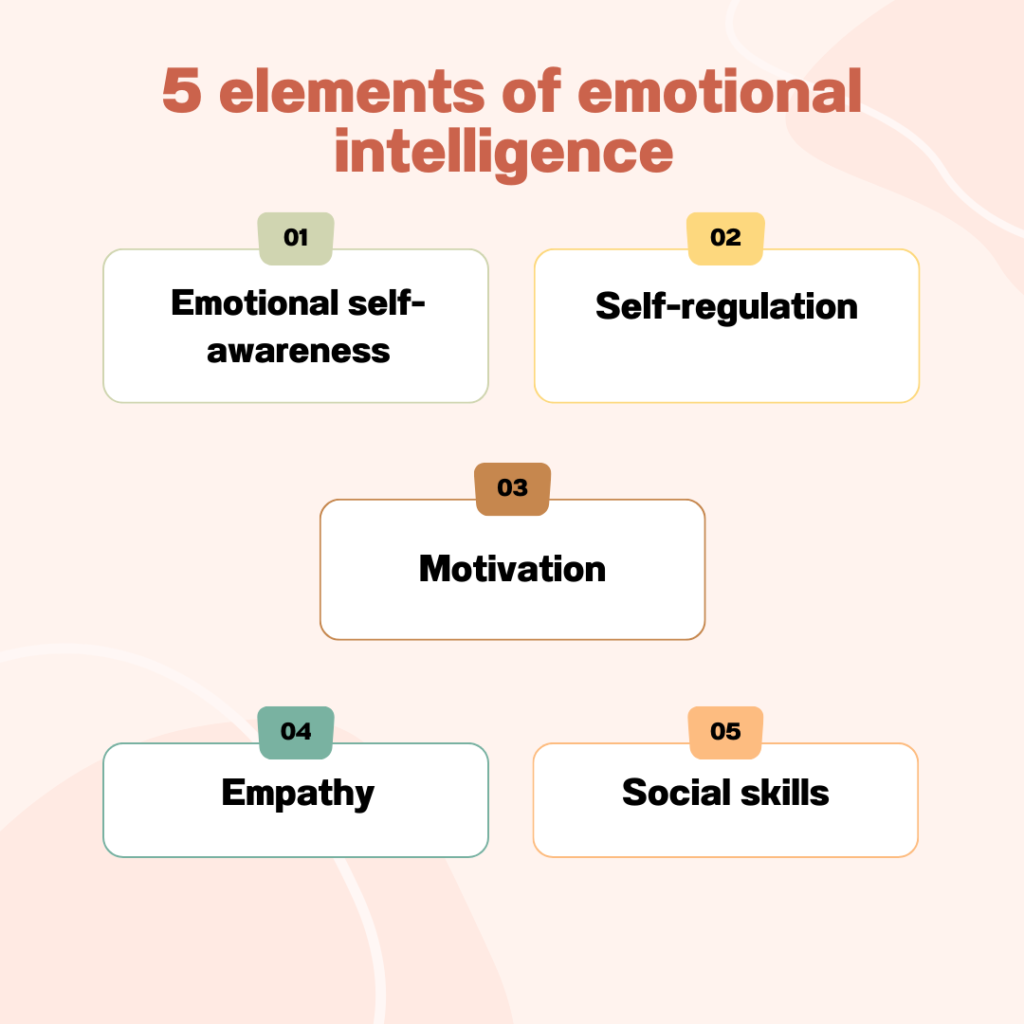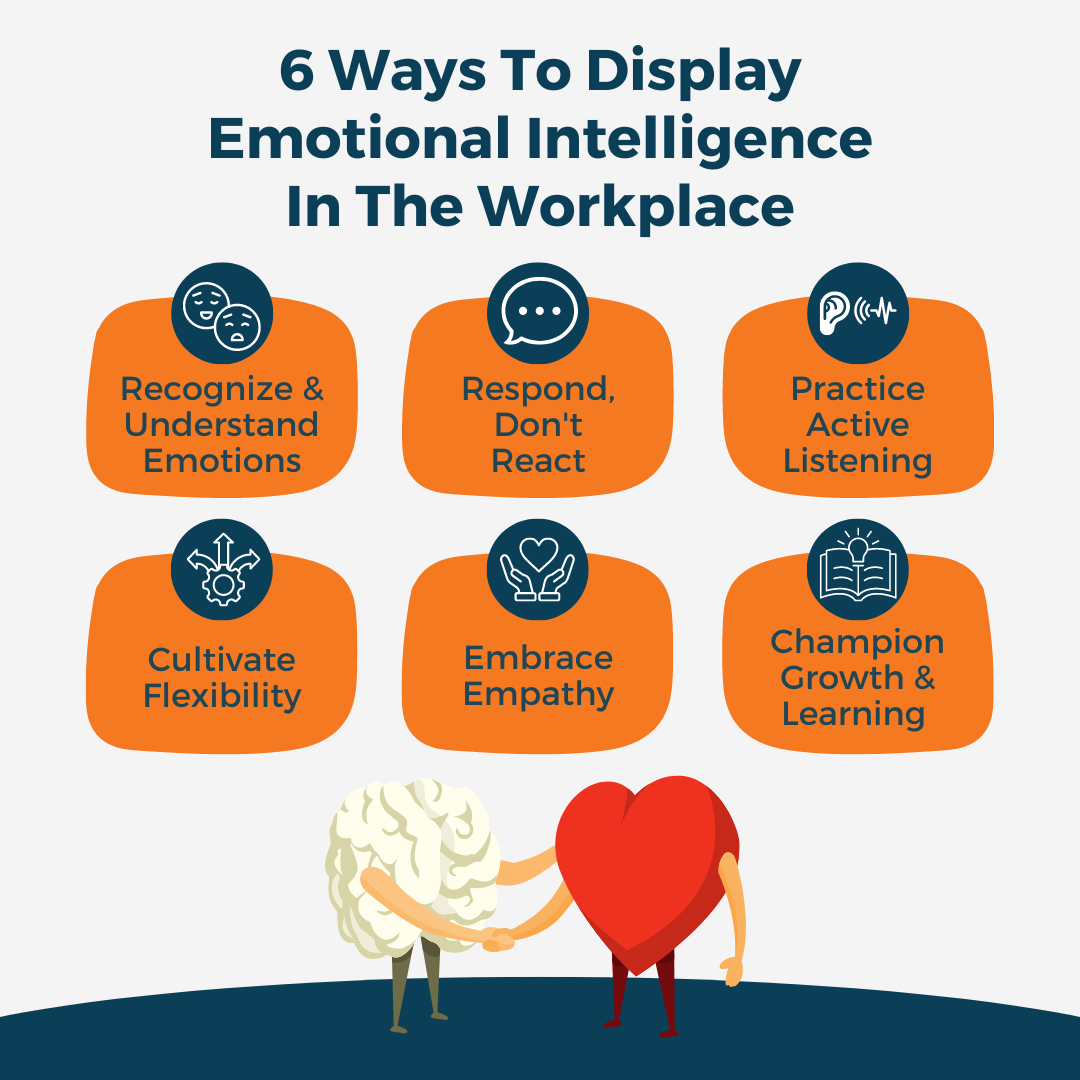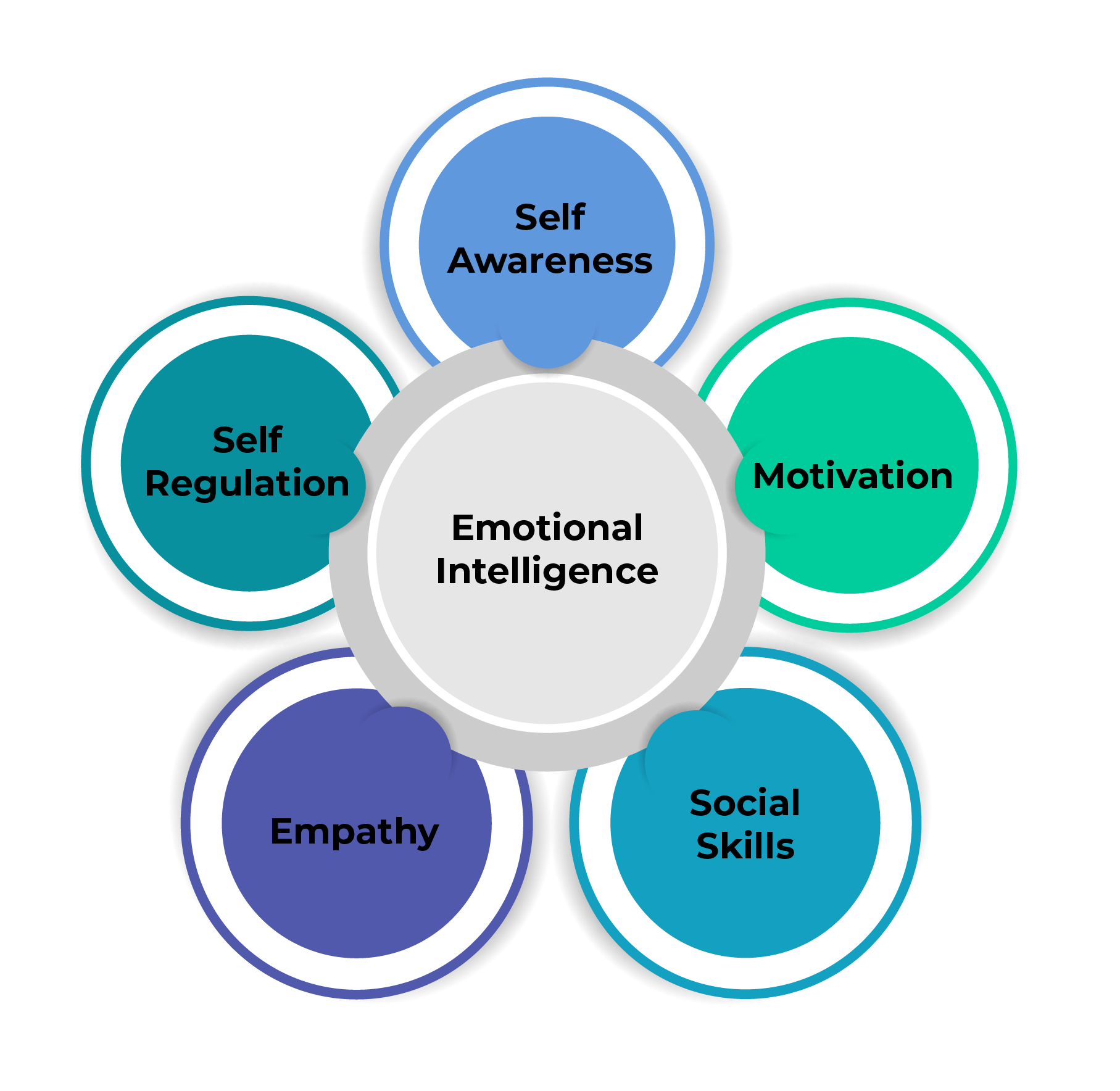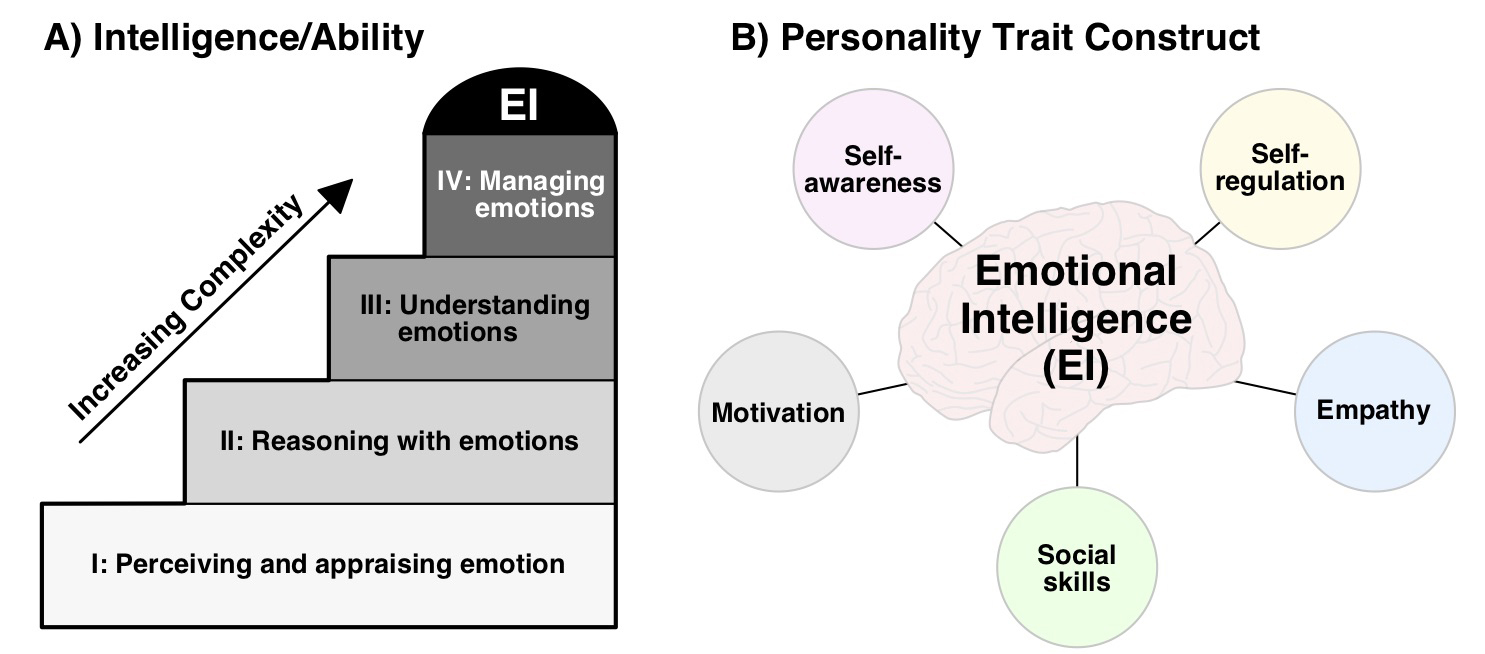Emotional Intelligence Reflects The Ability To

The ability to understand and manage emotions, both our own and those of others, is increasingly recognized as a critical skill in various facets of life. Emotional intelligence (EI), once considered a soft skill, is now being highlighted by researchers and organizations alike as a key predictor of success in the workplace, in personal relationships, and even in overall well-being.
This article explores the growing importance of emotional intelligence, its core components, and the impact it's having on individuals and society. It delves into the research supporting its benefits and examines how individuals can cultivate and improve their EI skills.
Emotional intelligence, at its core, is the capacity to perceive, understand, manage, and utilize emotions. This includes being aware of your own emotional state, recognizing the emotions of others, and using this information to guide your thinking and behavior.
What are the Core Components?
Experts often categorize emotional intelligence into five key components: self-awareness, self-regulation, motivation, empathy, and social skills. Each of these elements plays a crucial role in how individuals navigate their emotional landscape and interact with the world around them.
Self-Awareness
Self-awareness involves recognizing your own emotions and understanding how they affect your thoughts and behavior. It's about knowing your strengths and weaknesses and having a clear sense of your values.
This self-understanding allows individuals to make informed decisions and build stronger relationships. Research suggests a strong correlation between self-awareness and leadership effectiveness.
Self-Regulation
Self-regulation is the ability to control impulsive feelings and behaviors, manage your emotions in healthy ways, take initiative, follow through on commitments, and adapt to changing circumstances.
It's not about suppressing emotions, but rather about managing them constructively. People with strong self-regulation skills are better equipped to handle stress and navigate difficult situations.
Motivation
Motivation, in the context of emotional intelligence, refers to being driven to achieve goals for reasons beyond money and status. This includes intrinsic motivation, a passion for learning, and a persistent drive to improve.
Individuals with high emotional intelligence are often highly motivated and resilient. They view setbacks as opportunities for growth rather than as failures.
Empathy
Empathy is the ability to understand and share the feelings of others. It's about putting yourself in someone else's shoes and recognizing their perspective, even if you don't necessarily agree with it.
Empathy is essential for building strong relationships and fostering effective communication. It enables individuals to connect with others on a deeper level.
Social Skills
Social skills encompass the ability to manage relationships and build rapport with others. This includes effective communication, active listening, conflict resolution, and teamwork.
People with strong social skills are adept at navigating social situations and building strong networks. These skills are crucial for success in both personal and professional settings.
The Impact of Emotional Intelligence
The benefits of emotional intelligence are far-reaching. Studies have shown that individuals with high EI tend to have better mental health, stronger relationships, and greater career success.
In the workplace, emotional intelligence is increasingly recognized as a key leadership skill. Leaders with high EI are better able to motivate their teams, resolve conflicts, and create a positive work environment.
According to a study by TalentSmart, a leading provider of emotional intelligence training, 90% of top performers have high emotional intelligence. This highlights the significant impact of EI on professional success.
Cultivating Emotional Intelligence
The good news is that emotional intelligence is not fixed. It's a skill that can be developed and improved over time. There are various strategies individuals can use to enhance their EI, including self-reflection, seeking feedback, and practicing mindfulness.
Self-reflection involves taking the time to examine your own thoughts, feelings, and behaviors. It's about becoming more aware of your emotional triggers and understanding how your emotions impact your interactions with others.
Seeking feedback from trusted friends, family members, or colleagues can provide valuable insights into your strengths and weaknesses. Constructive criticism can help you identify areas where you can improve your emotional intelligence.
Mindfulness practices, such as meditation and deep breathing exercises, can help you become more aware of your emotions in the present moment. This can enable you to manage your emotions more effectively and reduce stress.
Organizations are also recognizing the importance of emotional intelligence training for their employees. Many companies are now offering workshops and programs to help their employees develop their EI skills.
Conclusion
Emotional intelligence is a crucial skill that impacts various aspects of life. By understanding and developing the five key components of EI, individuals can improve their relationships, achieve greater success in their careers, and enhance their overall well-being.
As research continues to highlight the benefits of emotional intelligence, it's clear that this is a skill that will become increasingly valuable in the years to come. Investing in the development of emotional intelligence is an investment in a more successful and fulfilling future.
The focus on emotional intelligence is not just a trend; it represents a fundamental shift in how we understand success and well-being. It's a recognition that emotions matter, and that by understanding and managing them effectively, we can unlock our full potential.


